BIOTROPIA p-ISSN: 0215-6334
BIOTROPIA e-ISSN: 1907-770X
The publication of an article in a peer-reviewed journal is an essential building block in the development of a coherent and respected network of knowledge. BIOTROPIA adheres to the ethical guidelines based on Elsevier policies and the Committee on Publication Ethics (COPE) Best Practice Guidelines for Journal Editors. The following outlines the responsibilities of authors, editors, and reviewers involved in the publication process.
Authors of original research must present an accurate, honest, and objective account of the work performed. The underlying data should be presented clearly and in sufficient detail to allow replication. Fraudulent or knowingly inaccurate statements constitute unethical behavior and are unacceptable.
Authors may be asked to provide raw data for editorial review and should be willing to make such data publicly available if appropriate. They should retain the data for a reasonable time after publication.
Authors must ensure that their submissions are entirely original and appropriately cite the work and/or words of others. Plagiarism in any form—including copying, paraphrasing without attribution, or presenting others’ research findings as one’s own—is unethical and unacceptable.
Manuscripts should not be submitted to more than one journal simultaneously. Redundant publication (publishing the same findings in multiple journals) is unethical, except in cases where prior agreement for secondary publication has been reached with editors of both journals.
Proper acknowledgment must be given to all sources of information, data, or ideas. Authors must not use confidential information or ideas obtained through personal communication or peer review without permission.
Authorship must be limited to individuals who have made significant contributions to the research. All co-authors must approve the final manuscript. Contributors who do not meet authorship criteria should be listed in the Acknowledgments section.
All authors must disclose any financial or other conflicts of interest that might be perceived to influence their work. These include, but are not limited to, employment, consultancies, stock ownership, grants, patents, or personal relationships. Disclosures must be made at the time of submission and will be published with the article if accepted.
Research involving humans or animals must adhere to recognized ethical standards.
Studies involving human participants must include a statement confirming that informed consent was obtained and that the study was approved by an appropriate ethics committee.
Animal experiments must comply with institutional and national guidelines. Authors should confirm that animals did not suffer unnecessarily and that ethical approval was obtained.
All clinical trials must be registered in a publicly accessible database.
Authors must obtain written informed consent from individuals whose identifiable information is included in the manuscript (e.g., photographs or case descriptions).
Consent must include permission for both print and online publication.
The manuscript should state that informed consent was obtained, and authors should retain copies of consent documentation.
All efforts must be made to protect participants' anonymity, and if identifying information is necessary, it should not distort scientific meaning.
If an author discovers a significant error in a published article, they must notify the editor promptly and cooperate in issuing a correction or retraction. If the journal is informed by a third party, the author must respond appropriately.
The Editor-in-Chief is responsible for deciding which manuscripts are accepted for publication, based on scholarly merit, reviewer feedback, and the journal’s scope. Legal requirements regarding libel, copyright, and plagiarism are also considered.
Manuscripts are evaluated solely on academic merit, without discrimination based on the authors’ race, gender, sexual orientation, religion, nationality, or political beliefs.
Editors must maintain confidentiality about submitted manuscripts and only share information with individuals directly involved in the review and publication process.
Editors must recuse themselves from handling manuscripts in which they have a conflict of interest—financial or otherwise.
If an editor is listed as an author on a submitted manuscript, another editor must handle the entire review and decision-making process.
Editors must not use unpublished material for personal research without written permission from the authors.
Editors will assess whether submitted research complies with ethical standards. Manuscripts may be rejected on ethical grounds even if ethical approval is reported, particularly if the study design raises serious ethical concerns.
Editors must respond appropriately to ethical complaints about submissions or published articles, which may include contacting institutions, retracting articles, or issuing corrections or expressions of concern.
Reviewers support the editorial process by providing critical, objective, and constructive evaluations of manuscripts to help editors make publication decisions and to help authors improve their work.
Reviewers who cannot complete their review within the allotted time should inform the editor and decline the assignment.
Manuscripts under review must be treated as confidential. Reviewers must not share or discuss the manuscript with others without editorial permission.
Reviews must be objective and constructive. Personal criticism of the authors is inappropriate. Comments should be supported by evidence and aimed at improving the manuscript.
Reviewers should identify relevant published work that is not cited by the authors. They should also alert editors to any suspected plagiarism or duplication.
Reviewers must disclose any conflicts of interest and decline to review manuscripts where such conflicts exist. They must not use unpublished data for personal benefit and must respect confidentiality.
For any questions regarding the ethical standards and policies of BIOTROPIA, please contact the Editorial Office at: biotropia@biotrop.org

SEAMEO BIOTROP - Southeast Asia Regional Centre for Tropical Biology
https://www.biotrop.org
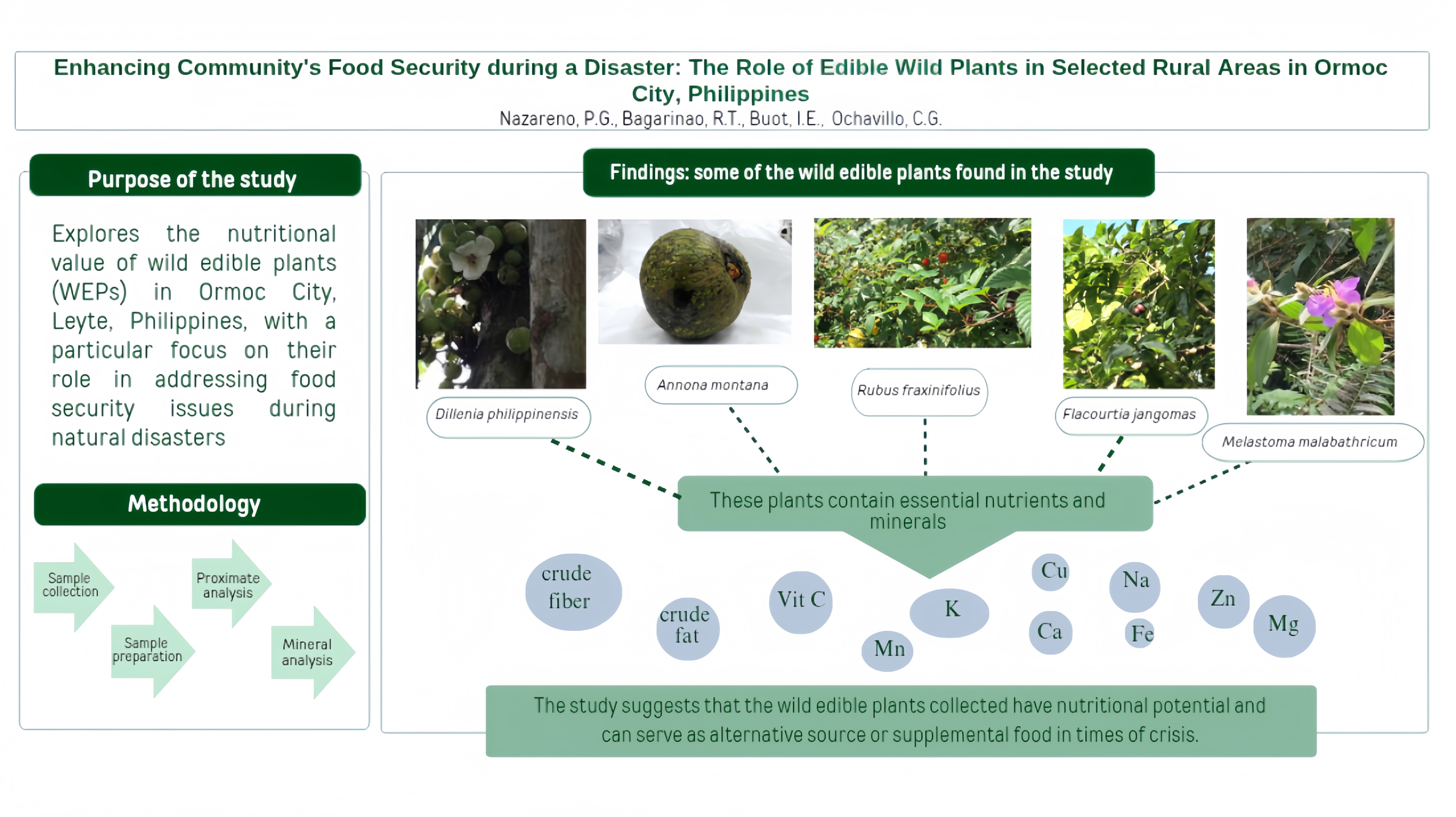

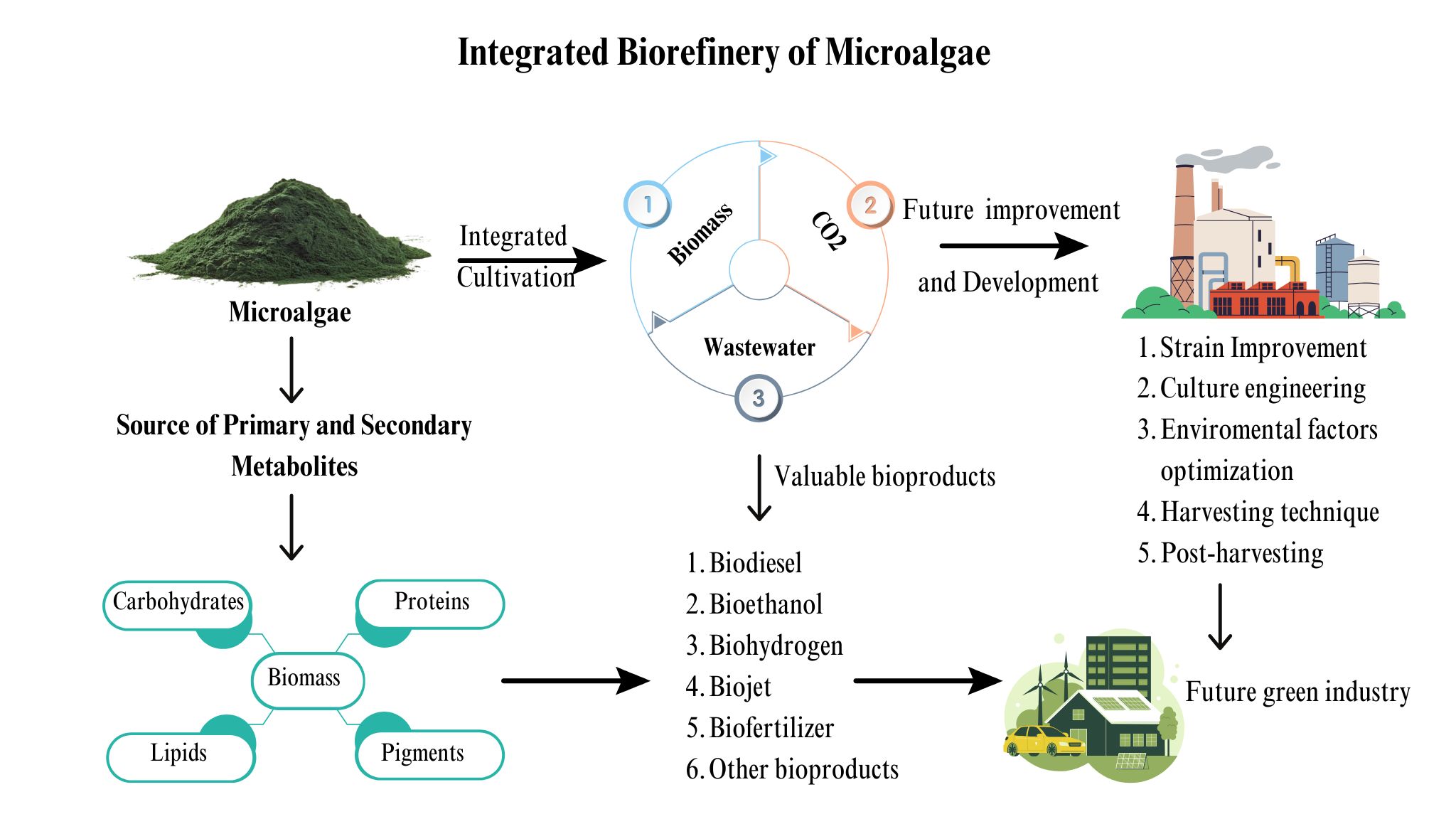
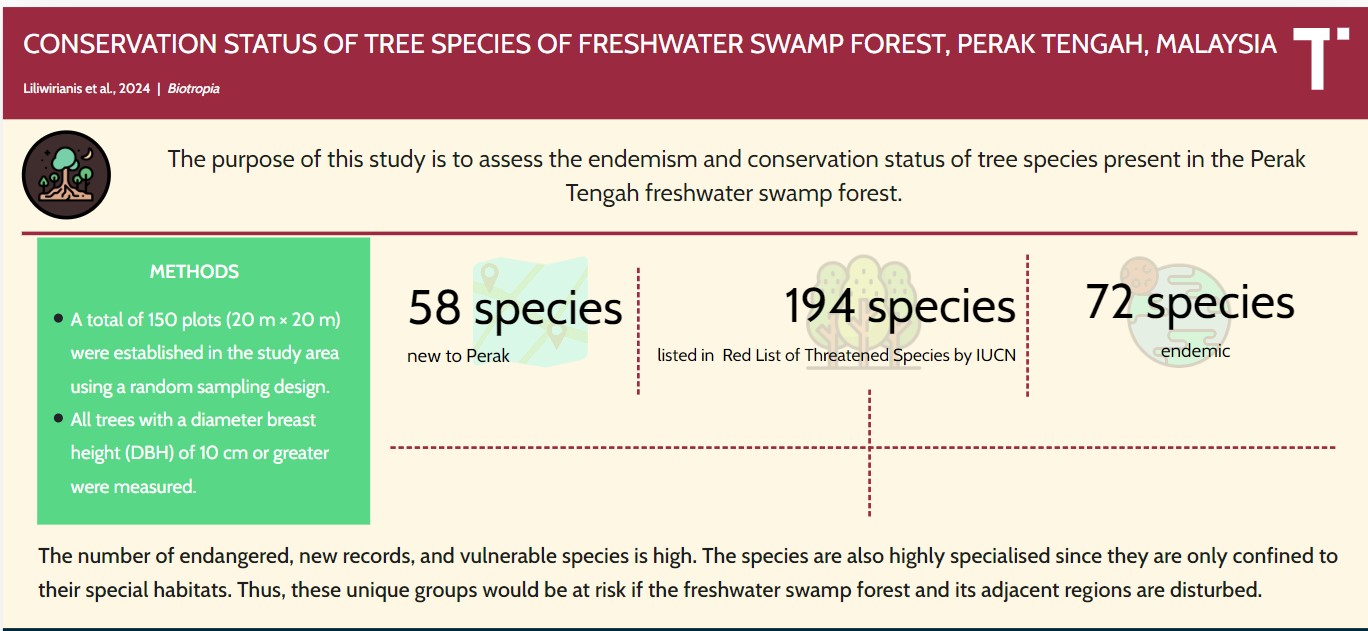
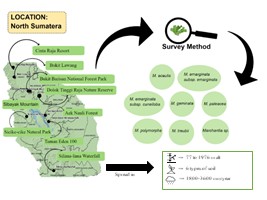

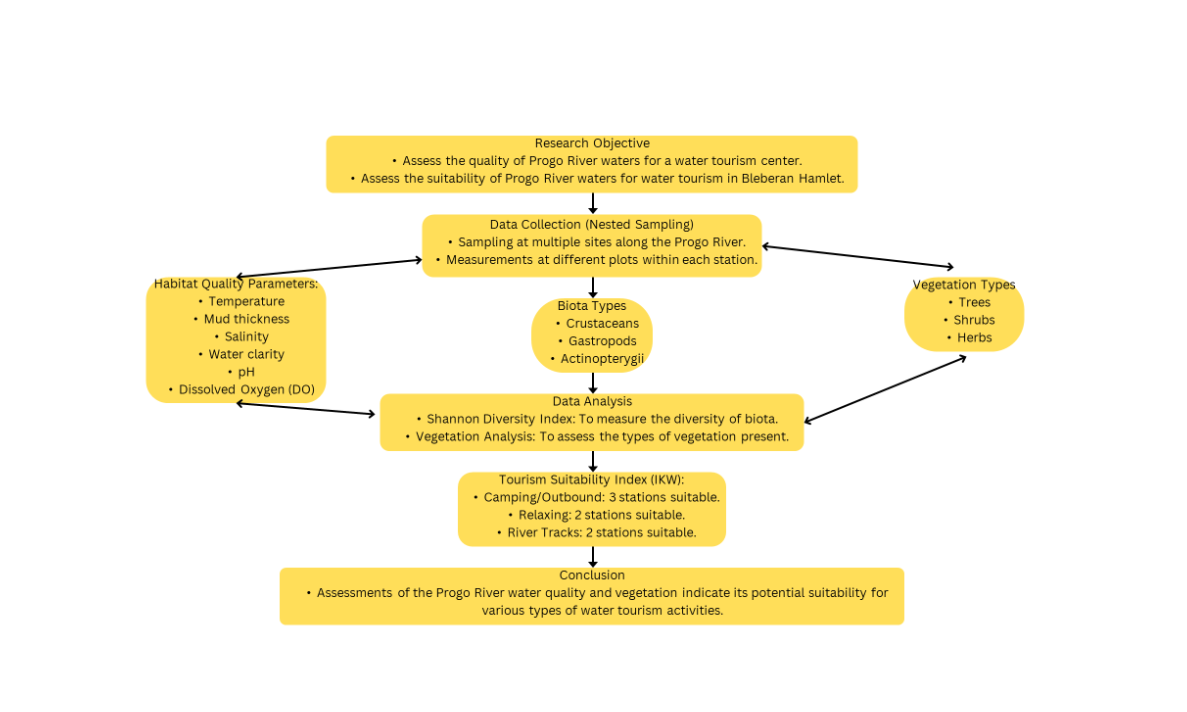
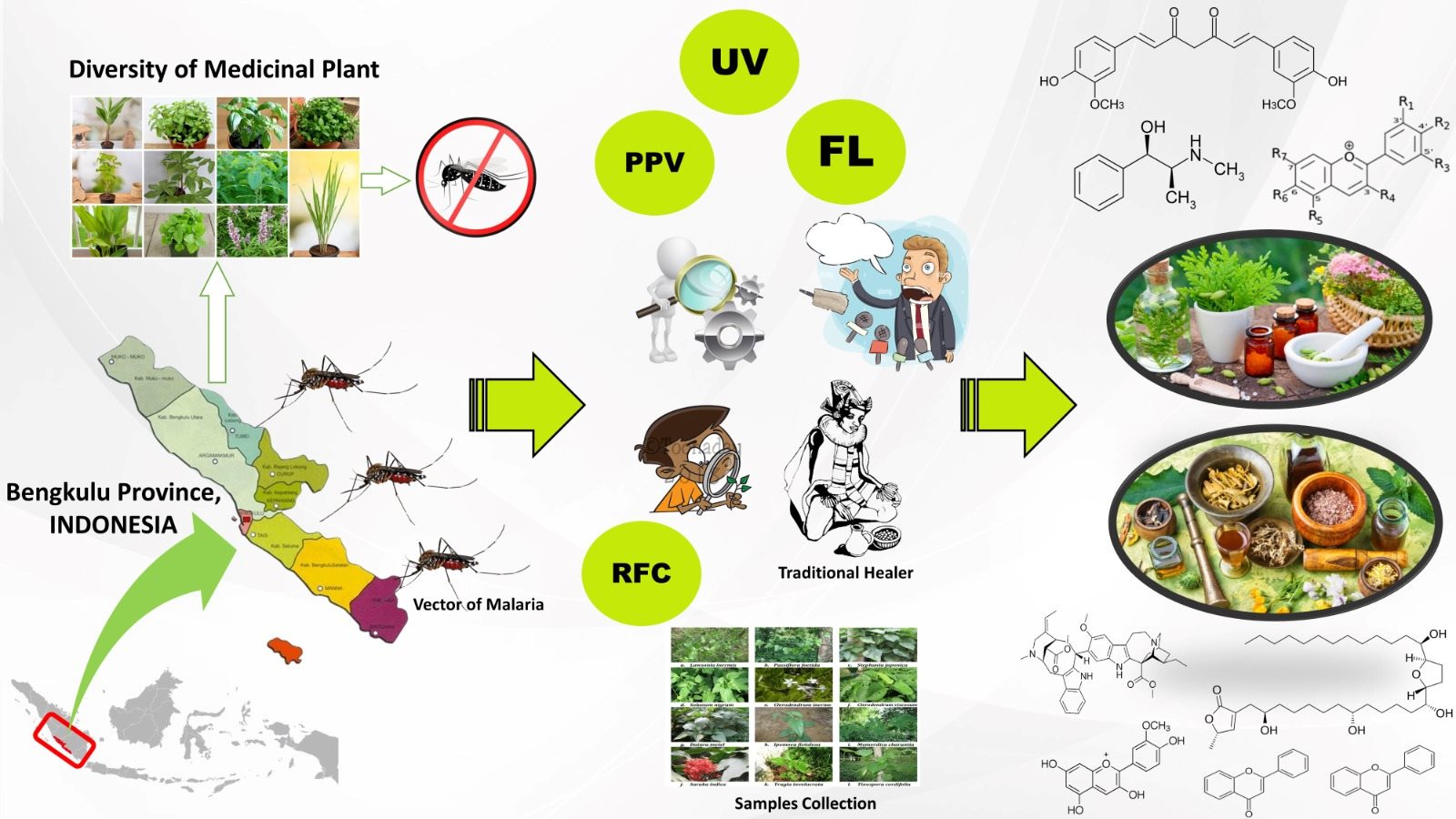
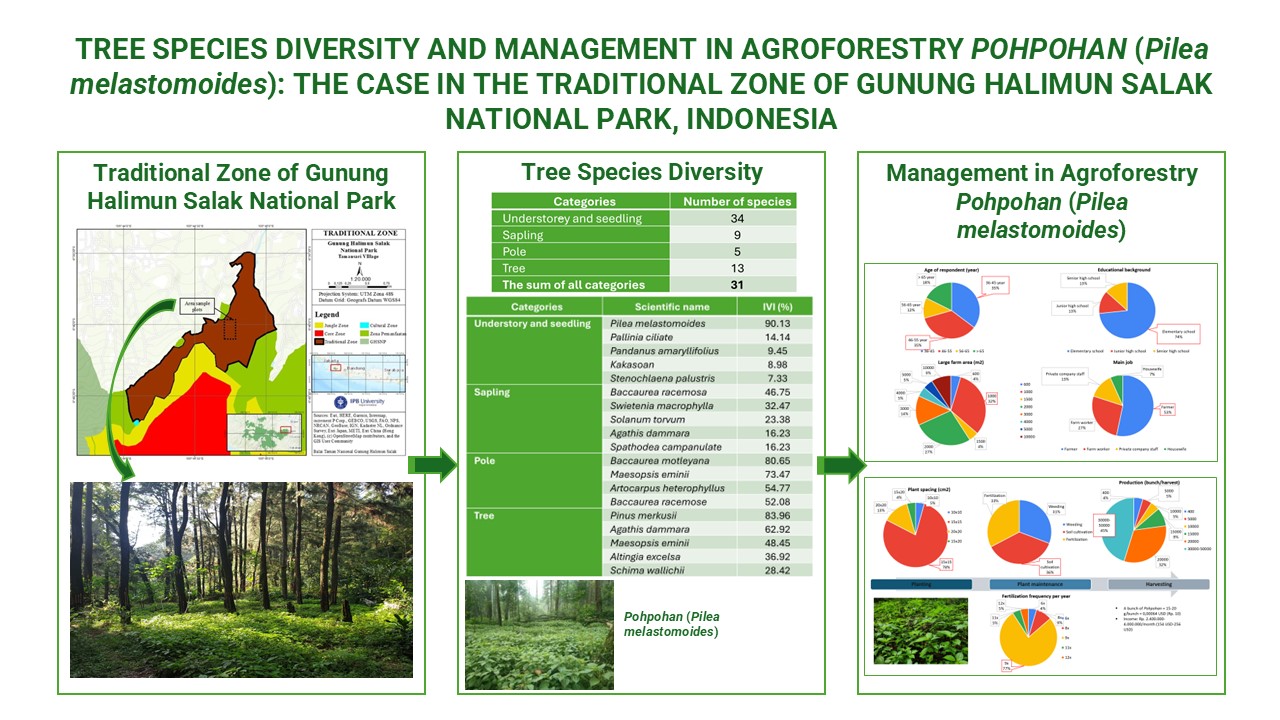
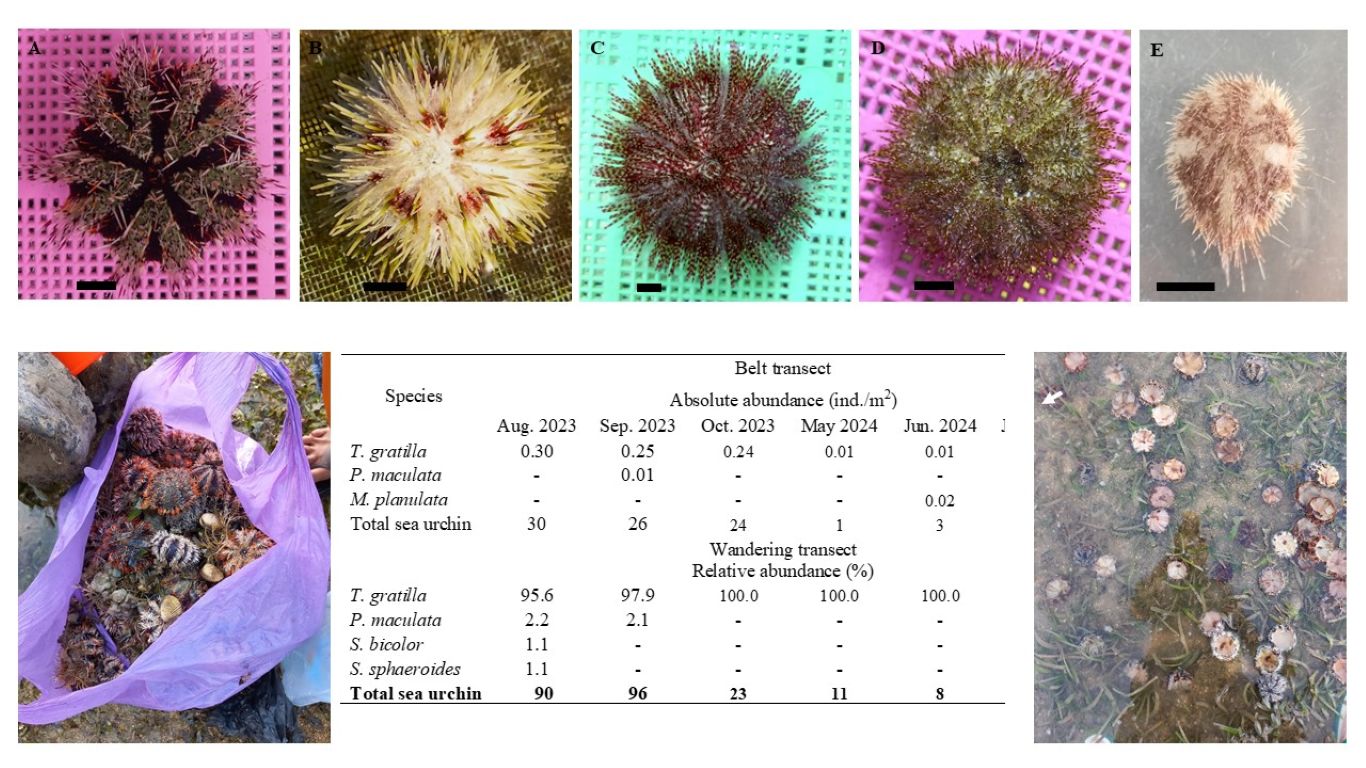
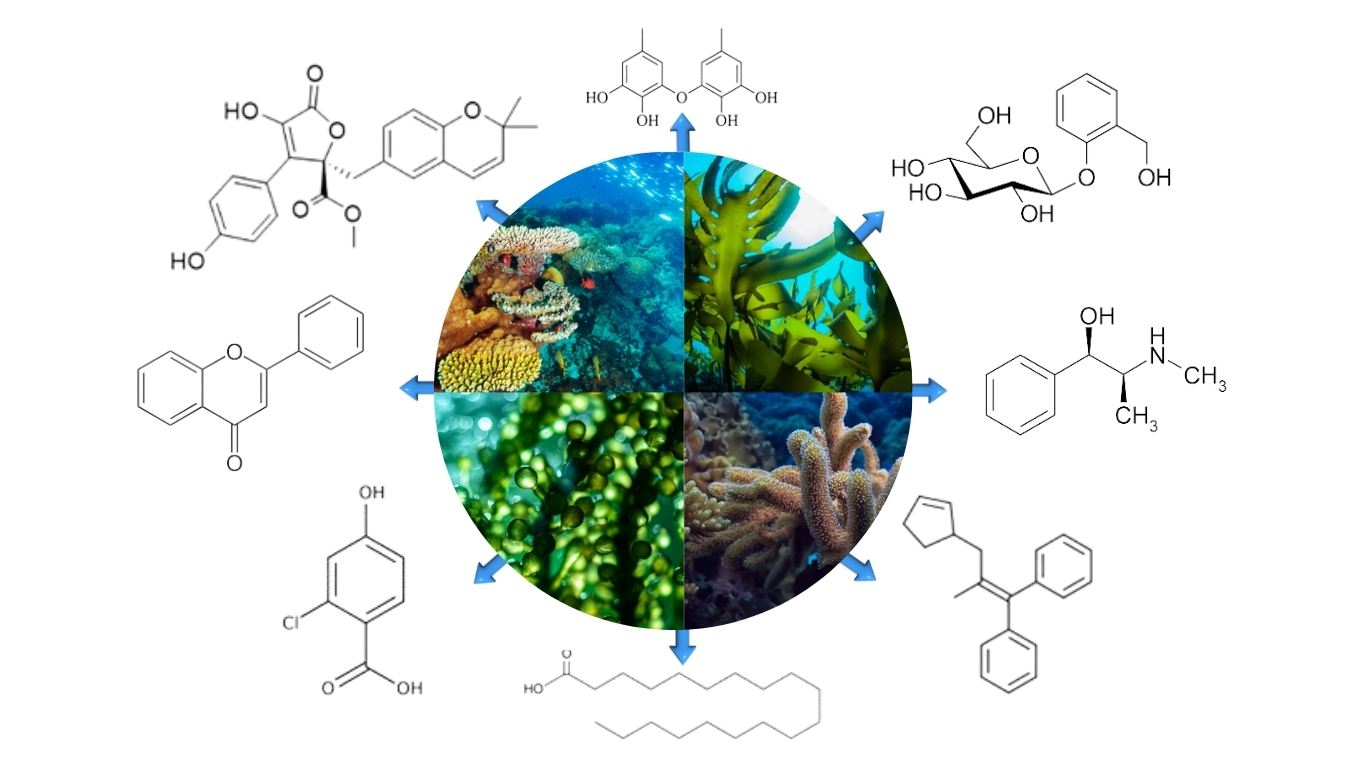
 a Creative Commons Attribution 4.0 International License View My Stats
a Creative Commons Attribution 4.0 International License View My Stats